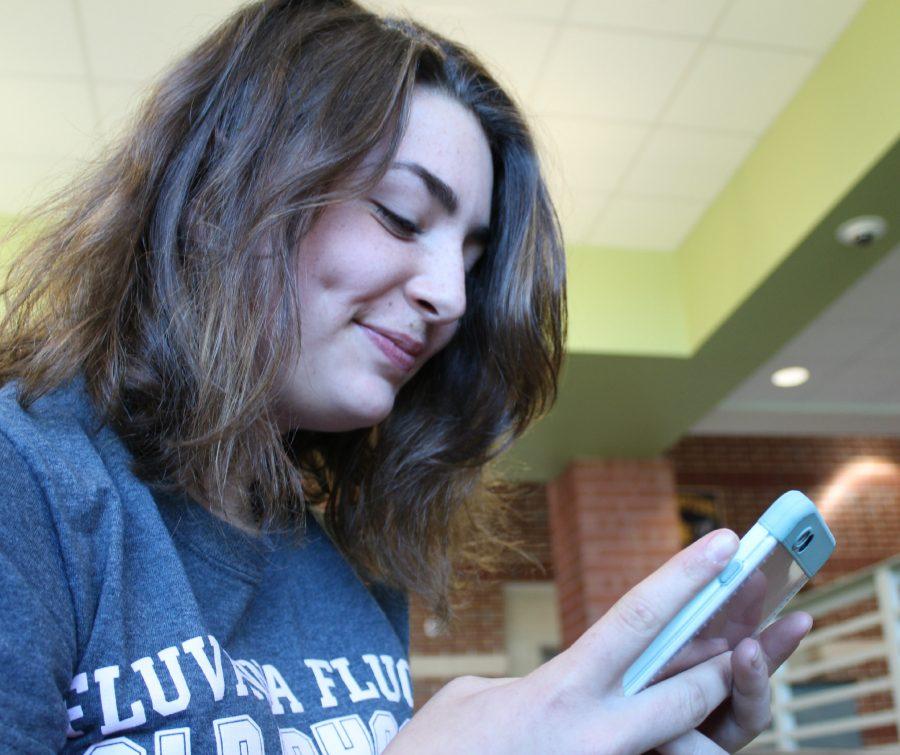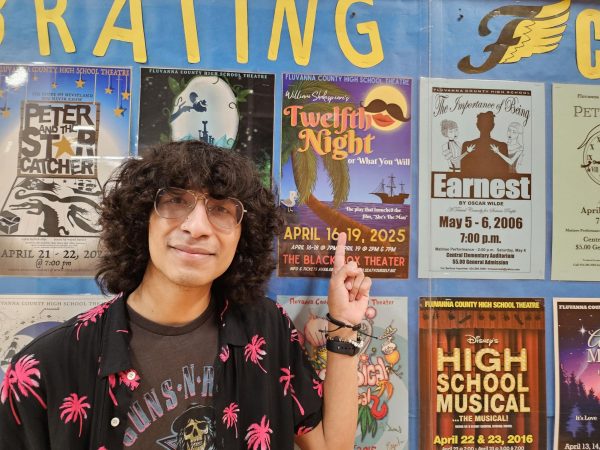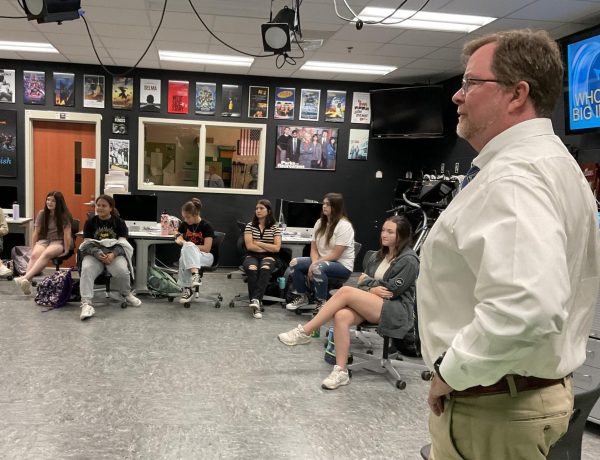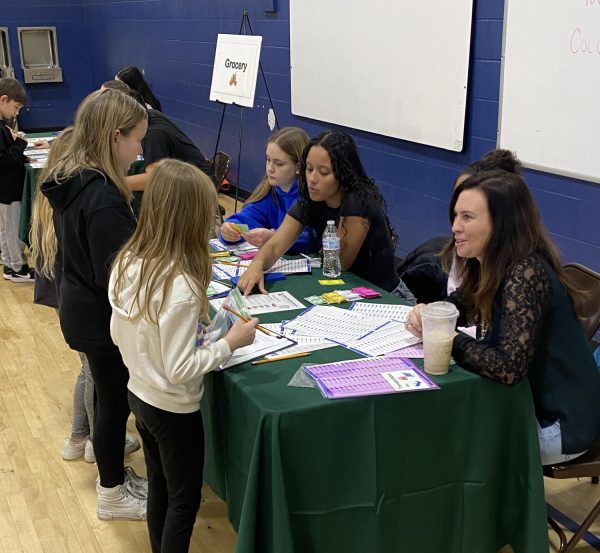AfterSchool Abomination
Could the time you spend after school be potentially worse than the time you spend in school? The AfterSchool app is an application that you can download on your smartphone or other electronic devices. You sign in using a FaceBook account, choose the school you attend, and you’re in.
However, unlike most other social media accounts, everything in the AfterSchool app is anonymous. And that’s the problem. While this app might seem like a fun way for students to connect and chat after school lets out, many students have come to consider AfterSchool to be the worst thing to happen since school administration blocked SnapChat and Instagram from the FCHS Wi-Fi account.
When the app became popular, it appeared innocent and displayed things like innocuous jokes, who had the hots for whom, and people’s opinions about the cutest girl in the sophomore class. But for many students, after about the third day of being back at school things started to go wrong. “I had the app for maybe three or four days, but I ended up getting rid of it, because it was just ridiculous,” said Sophomore Abigail Scanga.
For example, students began to use the app to release other students’ private information and to make fun of people. One student in Fluvanna even put another student’s house address on the feed, claiming there was going to be a huge party at the address and asking people to invite everyone they knew. “I was never personally affected, but some of my closest friends were,” said Sophomore Samantha Marshall.
As the days progressed with the app in multiple students’ hands, the bullying and negativity increased and some students took it to FCHS Resource Officer Lacorie Steppe. “I don’t like the app at all. It’s created a lot of drama among students, and in my opinion, it’s a no-good app,” said Steppe. He even contacted the headquarters of AfterSchool to try to get them to delete Fluvanna County from their list of participating schools, but they declined. They told him the students have the option to report inappropriate posts, and they informed Steppe that anytime the words “kill,” “murder,” “abuse,” or “shoot” are used, the app immediately alerts the AfterSchool headquarters to review the post.
For some, that’s assurance is not enough. “I believe parents should be made aware, because not all kids getting attacked in or outside of school will tell their parents. The parents of students have the right to know about possible dangers to their children,” said Sophomore Gabrielle Goodwin.
Although local interest in the app appears to have died down since school began in August, concerns persist. Many people, such as Officer Steppe, feel it is best to simply avoid the app as much as possible and don’t get yourself involved in the drama.
So the next time you think you’d like to know how your classmates really feel about you, ask yourself this: Do you really want to know?






